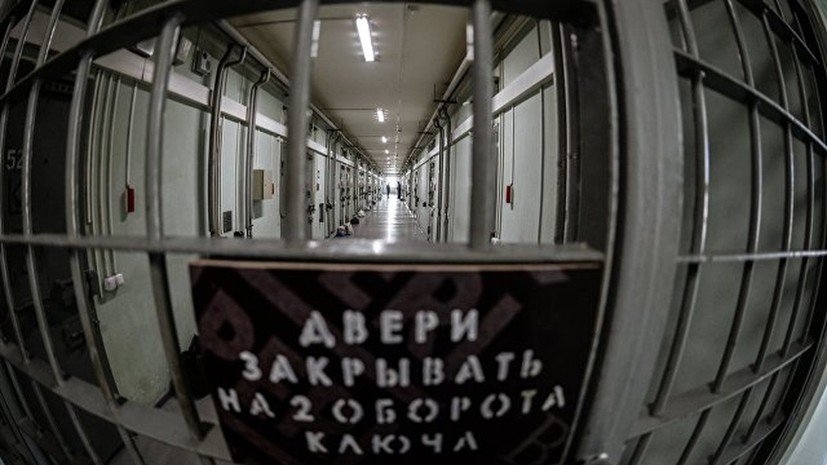"The current regulations give the censor of the pre-trial detention center three days to check the correspondence, after which the letters and telegrams are either withdrawn with the execution of the corresponding act, or transferred to the addressee," one of the commission members told RT.
The investigating bodies are also endowed with the right of censorship, added the human rights activist.
“However, the term of censorship by investigators is not limited by law, and prisoners in isolation wards have not received letters, postcards or telegrams for months,” he explained.
The POC expressed a desire to limit the timeframe for checking correspondence by investigators.
"The prisoners and their relatives, spouses, children, suddenly losing contact, experience excruciating stress ... Moreover, investigators rarely give permission for phone calls and visits," said a member of the POC.
In February, the Moscow POC reported complaints about long delays in the Lefortovo SIZO with letters from relatives.

